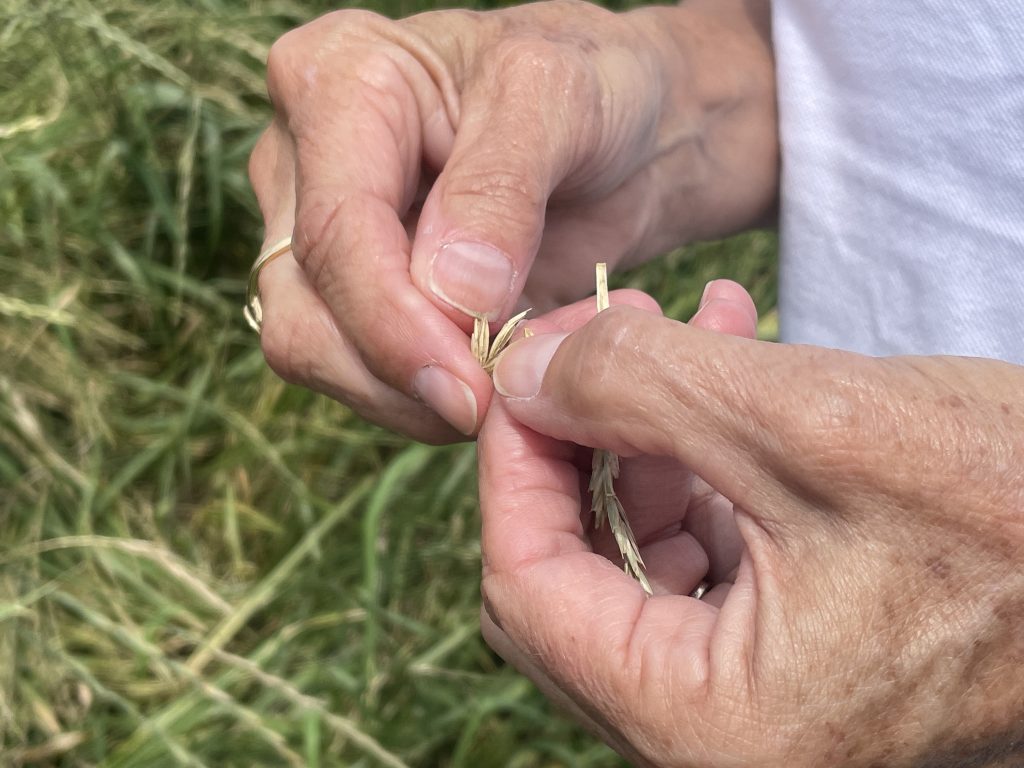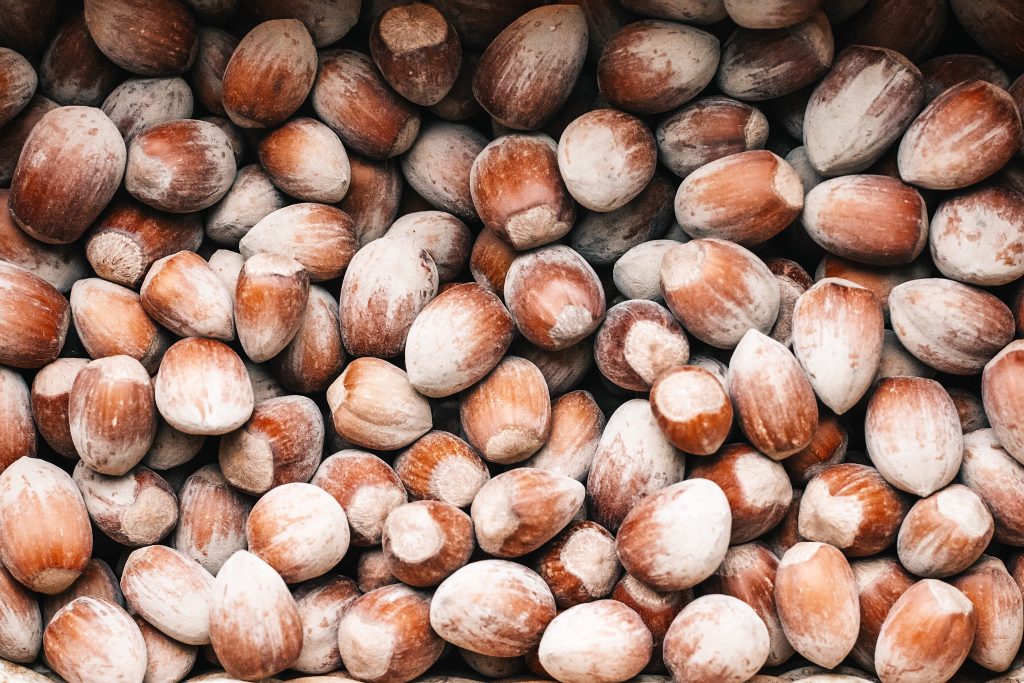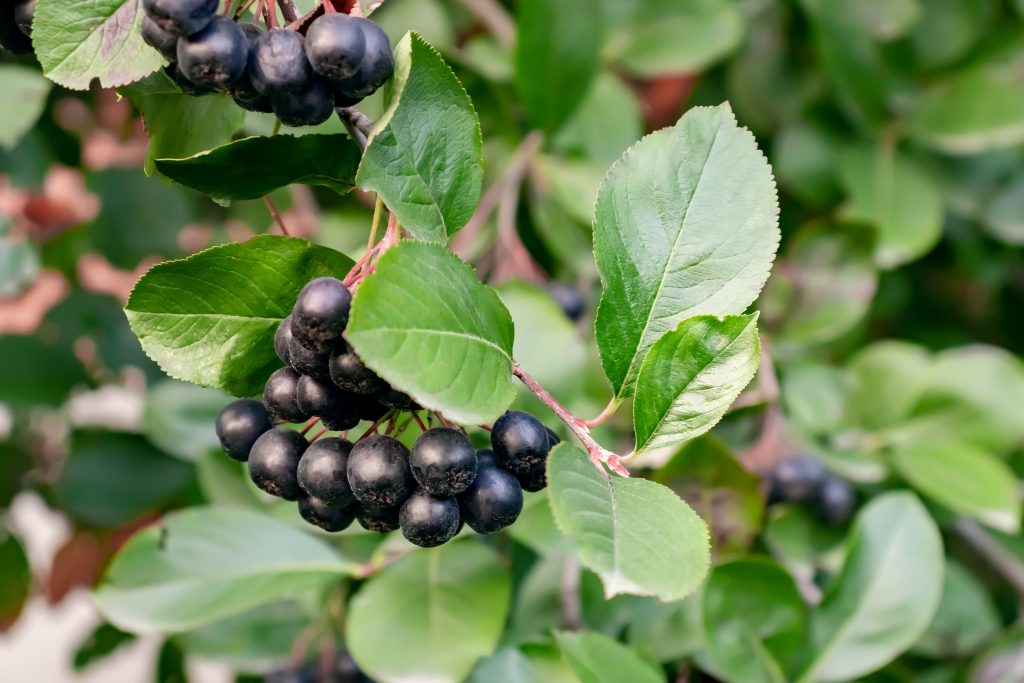Growing climate-smart crops, like kernza, hazelnuts, or aronia, can help build resilience to climate change, increase agricultural productivity and mitigate greenhouse gas emissions. Instead of protecting our environment from agriculture, climate-smart crops allow us to preserve our environment with agriculture.

Kernza
Kernza is a perennial wheatgrass well-suited to Wisconsin’s growing conditions. Most conventional grain crops are annuals, meaning they leave the soil bare for long portions of the year and demand extensive fertilizer application. This can lead to problems with erosion and water contamination from excessive nutrient runoff. Kernza presents a unique solution to these environmental concerns and offers growers profitable grain and forage harvest for multiple seasons.
Its benefits go further, too. After harvesting, leaves and stems from kernza can be used as forage for cattle. With more seeds per grainhead compared to wheat, it brings higher yields for farmers. It's healthier than wheat too. Plus, it can be used for baked goods, breakfast cereals, beer, whiskey, ice cream and more!

Hazelnuts
Wisconsin is currently experiencing a growth in hazelnut production. This emerging crop is a native species of shrub well-suited to the practice of agroforestry. Hazelnut is a multi-use crop, the nuts, oils, and flour can be used for a variety of purposes including baked goods, nut butters, edible oils and more. As a perennial crop, hazelnuts provide needed soil structure, require minimal fertilizer input, and hold carbon. The nuts can be mechanically harvested, meaning these shrubs can be grown at scale.
Learn more about hazelnuts in Wisconsin from Upper Midwest Hazelnuts.

Aronia
Aronia berries, also known as black chokeberries, are a small fruit that pack a big punch. When it comes to functional foods, these berries top the charts. Bursting with phytonutrients, tannins, and minerals, these antioxidant-rich berries are known for their health benefits. Studies have linked them to cardiac and cancer protection, immune support, blood pressure regulation and many other advantages.
As a perennial crop, aronia berries come back year after year without the need for repeated soil disturbance, fertilizers or pesticides. Plus, aronia bushes are cold hardy and naturally resistant to drought, insects and disease.
